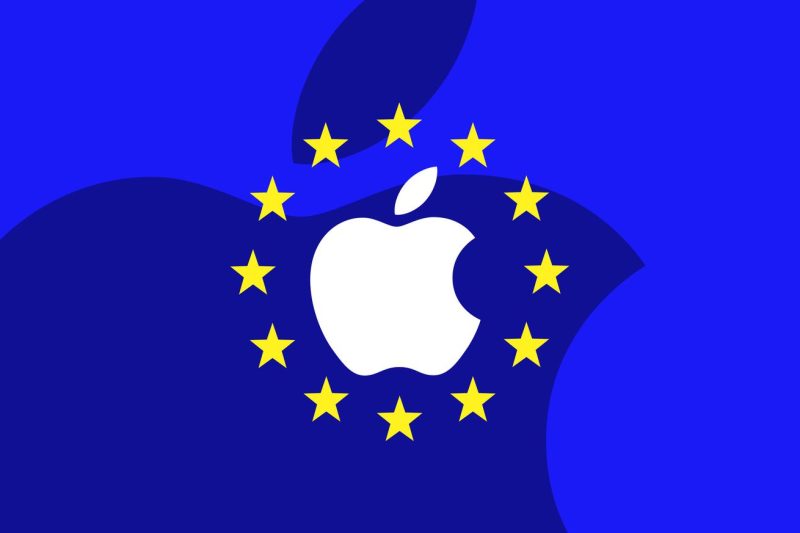In a landmark decision that could have far-reaching implications for big tech companies, Apple has become the first major corporation to be charged with violating the European Union’s Digital Markets Act (DMA) rules. The DMA, which was recently passed by the EU to regulate the behavior of tech giants and prevent anti-competitive practices, aims to create a more level playing field for all players in the digital market.
The charges against Apple specifically revolve around its App Store practices, with the European Commission accusing the tech giant of abusing its dominant market position to stifle competition and harm consumers. One of the key allegations against Apple is its restrictive rules that force app developers to use the company’s in-app purchase system and pay a 30% commission on sales, limiting their ability to offer alternative payment options to users.
This move by the European Commission is seen as a significant step towards curbing the power of big tech companies, who have faced increasing scrutiny over their business practices and influence on the market. The DMA is designed to prevent tech giants from engaging in anti-competitive behavior, such as favoring their own services over competitors or imposing unfair terms on developers and consumers.
Apple, for its part, has defended its App Store policies, arguing that they are necessary to maintain a safe and secure platform for users. The company has also highlighted the benefits that the App Store provides to developers, such as access to a large and lucrative market of Apple users.
However, critics of Apple’s practices argue that the company’s dominance in the app ecosystem gives it an unfair advantage over competitors and stifles innovation. By forcing developers to use its payment system and charging high commissions, Apple effectively creates a barrier to entry for smaller developers and limits consumer choice.
In response to the charges, Apple has vowed to challenge the European Commission’s decision and defend its business practices. The outcome of this case could have significant implications not only for Apple but for the tech industry as a whole, as other big tech companies could also come under increased scrutiny and face potential regulation under the DMA.
Overall, the charges against Apple mark a significant milestone in the EU’s efforts to rein in the power of big tech companies and promote fair competition in the digital market. The outcome of this case will be closely watched by industry players, policymakers, and consumers alike, as it has the potential to reshape the landscape of the tech industry in Europe and beyond.


































